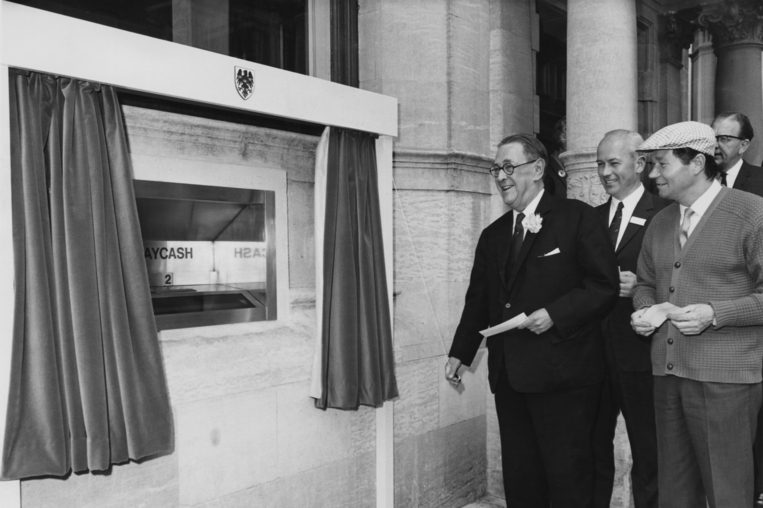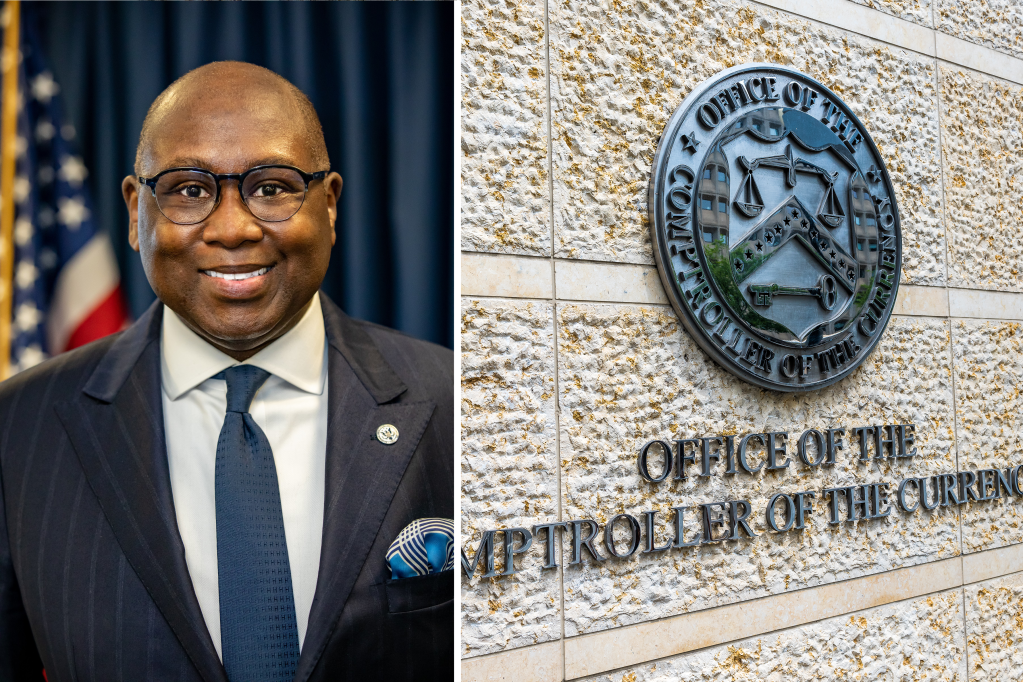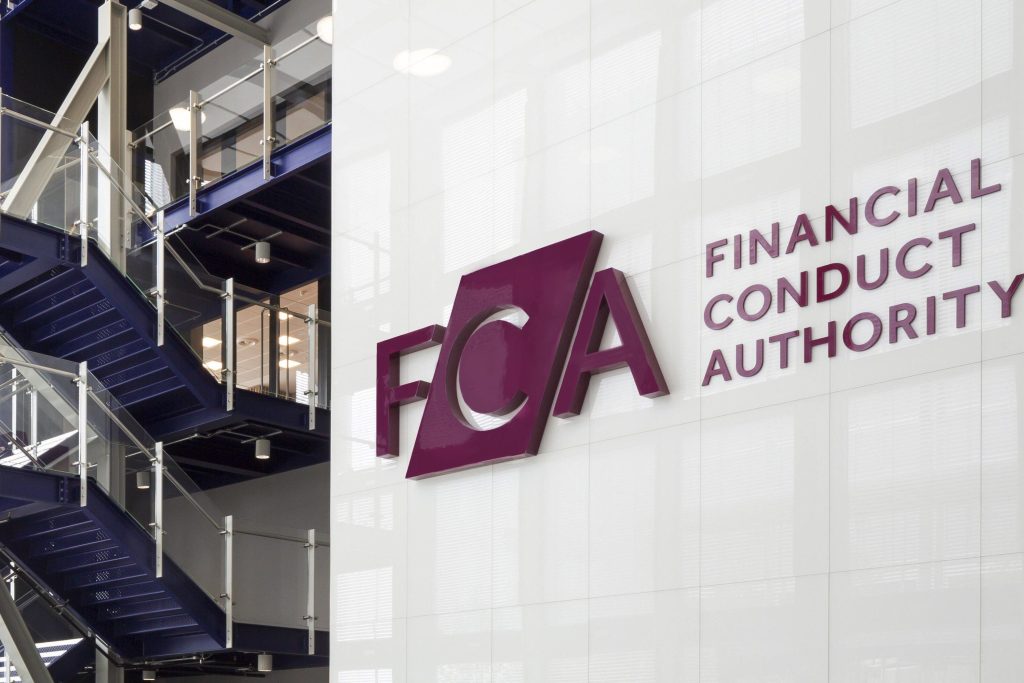As you may have seen, the FCA has suffered a heavy defeat in the Upper Tribunal in relation to prohibition actions against three individuals in connection with the action it took earlier this year against the private bank Julius Baer International (JBI). JBI settled its case with the FCA and was fined just over £18m ($23m) for failing to carry on its business with integrity in relation to the payment of certain finder’s fees.
The Final Notice identified significant failings in the bank’s systems and controls. Prohibition orders were sought against three individuals on the basis that they had acted recklessly and therefore lacked integrity, and these cases were referred to the Upper Tribunal for an independent hearing.
When publishing the action against JBI, Mark Steward (the FCA’s then Enforcement Director) had said: “There were obvious signs that the relationships here were corrupt, which senior individuals saw and ignored. These weaknesses create the circumstances in which financial crime of the most serious kind can flourish. The FCA’s decisions on the individuals whom the FCA alleges were involved in these failures will now be reviewed in the Upper Tribunal.”
Unanimously verdict
The Upper Tribunal has now released its judgment and unanimously found against the FCA. The judgment is also heavily critical of the FCA’s conduct of the investigation and enforcement processes. Some of the extracts highlighted below are well worth a read.
The Tribunal rejected the FCA’s case
The Tribunal rejected the FCA’s case that the individuals lacked integrity and were therefore not fit and proper. The Tribunal found that the individuals’ conduct was not reckless and therefore they did not lack integrity. The shortcomings identified in relation to the individuals were broadly limited to competency issues and/or errors of judgment.
The Tribunal concluded that “it would be irrational of the Authority to make a prohibition order against any of the Applicants on the basis that they acted without integrity” and, whilst the FCA can prohibit fully or partially for competence and capability issues, “[t]he imposition of a prohibition order can only be justified where it is necessary to do so in order to protect consumers and the integrity of, or confidence in, the financial system”.
Remitted the prohibition decisions back to the FCA
As it was clear that the individuals had made mistakes in relation to the relevant transactions, the Tribunal has remitted the prohibition decisions back to the FCA “with a direction to reconsider” the issue of prohibition (on the grounds of competence and capability) but with a direction that there are a range of factors that it must take into account in determining whether to seek a prohibition on the basis of a lack of competence and capability.
Reading between the lines it seems clear that the message from the Tribunal is that the FCA should not pursue prohibition orders against the individuals.
Misplaced reliance on allegations made by a whistleblower
There was misplaced reliance on allegations made by a whistleblower about whom there were later doubts about his veracity. The FCA is criticised for having “swallowed hook, line and sinker” what the whistleblower had alleged and “based its own theory in its proceedings against [the individuals] on it. It continued to do so notwithstanding later doubts about [the whistleblower’s] veracity, his dubious status as a whistleblower, and the subsequent disclosures that were made”.
Investigation criticised in terms of its robustness
The FCA’s investigation was criticised in terms of its robustness and reliance on internal investigation findings. The Tribunal concluded that “It appears that the Authority became anchored in its initial impressions of what happened … so that the subsequent disclosures late in the process simply gave rise to a mindset of confirmation bias.”
The Tribunal also warned that the FCA “should consider the appropriateness of conducting contested proceedings against individuals on the basis of its acceptance of a version of events put forward by the employer of those individuals who is keen to settle the separate proceedings taken against that firm without the Authority conducting its own rigorous investigation into the individuals concerned. Many of the difficulties in this case have arisen as a result of the Authority taking that course of action and relying primarily on the internal investigations commissioned by JBI into the events which are relevant to these references.”
Delays in the FCA bringing the case were highlighted
Delays in the FCA bringing the case were highlighted (JBI’s conduct dated from 2007 to 2014). The Tribunal noted that “There have been serious delays in bringing the proceedings against the Applicants and these proceedings have become unduly prolonged. The events in question happened many years ago”.
It added that the FCA should give “serious consideration as to whether it is appropriate to continue with an investigation which it does not have the resources to complete within a reasonable period of time and where it has decided that its priorities for its limited resource lie elsewhere”.
The FCA was heavily criticised for disclosure issues (again)
The Tribunal found that “it is of considerable concern that it is a recurring theme in Tribunal decisions that the Authority is castigated for failings in its disclosure obligations … It is therefore exasperating that basic errors still seem to occur … There are only so many times that the Authority can apologise for its failings, insist that lessons have been learned and then expect that those affected should simply move on…
“On the basis of the findings that we have made regarding the disclosure failings in this case, there clearly seems to be a continuing problem with the competence of those to whom the Authority delegates the disclosure process and therefore the adequacy of their supervision. This is therefore a matter that the Authority should review in the light of the failings identified in this decision …”.
The FCA criticised for decisions not to call relevant witnesses
The FCA was criticised for taking strategic decisions not to call relevant witnesses who could assist the Upper Tribunal in understanding what had happened. “It should not be the case that as a tactical decision the Authority declines to call a witness who can assist the Tribunal with relevant information so as to benefit its own theory of the case.”
FCA’s public findings in relation to JBI have now been called into question
Certain aspects of the FCA’s public findings in relation to JBI have now been called into question. “The Authority will now have to consider how it deals with the JBI Final Notice in the light of our findings. It would clearly be unfair to the Applicants if that notice continues to be published in full on the Authority’s website.
“We recognise that the outcome as far as the position between JBI and the Authority is concerned cannot be changed, but consideration should be given as to whether a summary of the outcome, which does not refer to the findings against the Applicants which have now been demonstrated not to be justified can replace the Final Notice on the Authority’s website.”
FCA statement in response to the judgment
The FCA’s press statement on the judgment was far from contrite, adopting a similar approach to its press statement in April relating to the Markou case in which it criticised the Upper Tribunal’s decision as “incorrect and irrational”. However, the new FCA Enforcement Co-Directors will have to review the findings carefully, and improve enforcement processes, to avoid similar problems in the future.
A wider impact of these recent Upper Tribunal decisions is that we expect that the FCA will be far more cautious when seeking to impose bans on individuals in relation to alleged misconduct (including under SM&CR) – such decisions are now more likely to be challenged robustly by individuals and the Upper Tribunal has signalled that it is willing to assess the evidence vigorously and not be railroaded by the FCA.
Adam Jamieson and Nathan Willmott are both partners in Ashurst’s dispute resolution practice.














